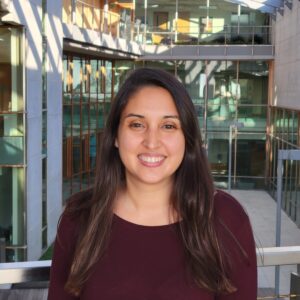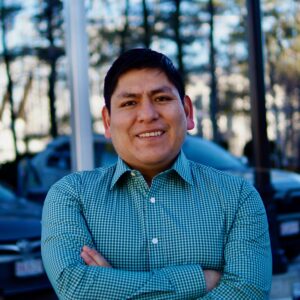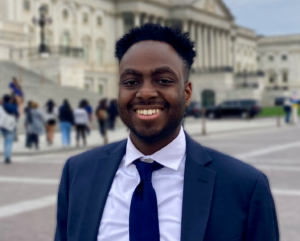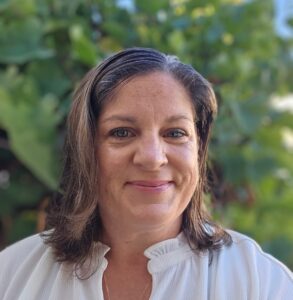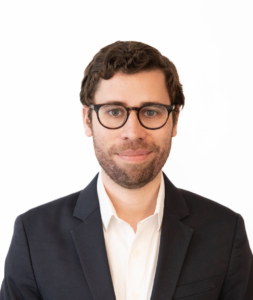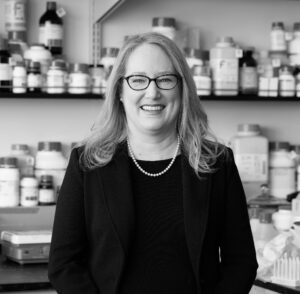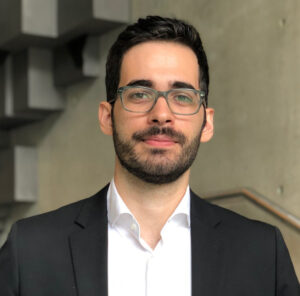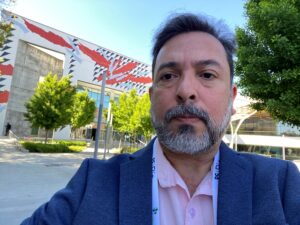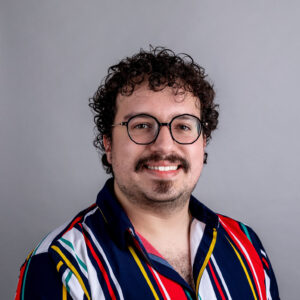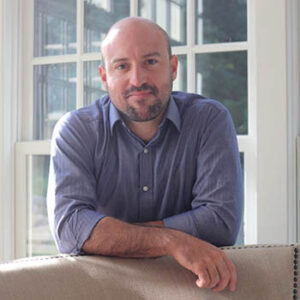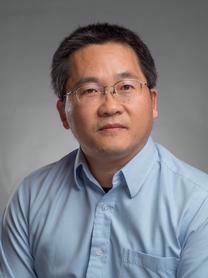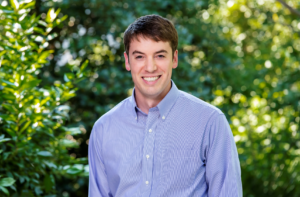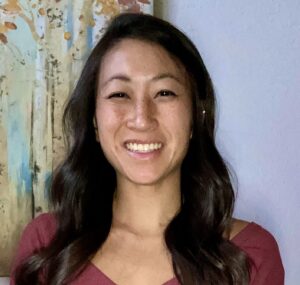Profiles
-
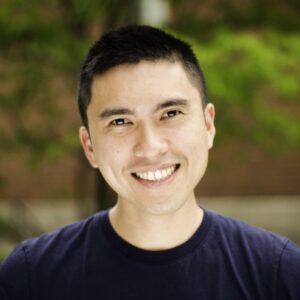
P. C. Dave P. Dingal
My research focuses on the interplay between extrinsic and intrinsic signals that affect cell behavior by building cutting-edge molecular tools to measure and perturb such signals. Most molecular tools are being developed and function well in vitro. Current technologies are unable to measure signaling in its native context in vivo, mainly due to lack of signal amplification, slow kinetics, and incompatibility of reagents. I aim to develop and translate some of these tools in vivo to help solve issues of biomedical relevance.
My graduate training combined biophysical and systems-biology approaches for the mechano-chemical control of adult human stem cells.With my engineering background, my postdoctoral fellowship at Stanford University focused on developing synthetic biological tools to measure signals that induce cell fate. I developed a versatile receptor-based tool called CRISPR ChaCha, which senses the immediate microenvironment and activate novel genomic expression programs via CRISPR-Cas9. At Harvard University, I created molecular tools that control the secretion and sensing of signals as they arise in the developing zebrafish embryo.
As an Assistant Professor at UT Dallas, my research laboratory is developing cutting-edge tools to measure and characterize signaling mechanisms in vivo. We are developing innovative uses of biological molecules in vivo, including CRISPR/Cas systems, synthetic proteases, and fluorescent probes to gain deeper insights into endogenous signal release and response in early embryos and in the brain.
